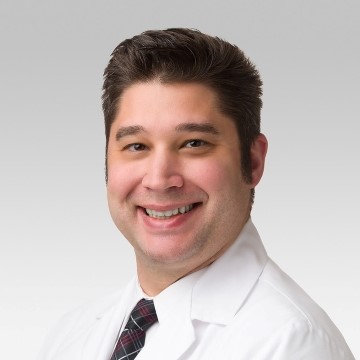Insights into Post-acute Sequelae of COVID-19
SQLIFTS investigators Scott Budinger, MD, Alexander Misharin, MD, PhD, and Marc Sala, MD led research on post-acute sequelae of COVID-19 (PASC, also known as "long COVID") that was published in Nature Immunology.

What surprised us the most was the ongoing influx of pro-inflammatory and pro-fibrotic immune cells from blood into lungs even one year after the COVID infection.”
Associate Professor of Medicine (Pulmonary & Critical Care)
A study at the Northwestern Medicine Comprehensive COVID-19 Center, co-directed by Sala, enrolled patients who had respiratory PASC with radiographic abnormalities (RPRA). A positive association was found between fibrosis severity as determined by quantitative CT scan analysis and abundance of monocyte-derived alveolar macrophages (MoAMs), as well as levels of monocyte chemoattractant CCL2, in samples of bronchoalveolar lavage fluid. However, single-cell RNA sequencing revealed similar transcriptional profiles in MoAMs whether the patient's fibrosis resolved or worsened—which matched those seen in idiopathic pulmonary fibrosis (IPF).
Highlighted in Nature Immunology News & Views and announced by Northwestern Medicine, this discovery was also reported by Crain's Chicago Business, Fox 32 Chicago, CBS News Chicago, and nationally by CBS News (view here).
Says Sala, "What surprised us the most was the ongoing influx of pro-inflammatory and pro-fibrotic immune cells from blood into lungs even one year after the COVID infection. Historically, we assume infection-related lung inflammation resolves by this point. The highly overlapping biological processes involving radiographic abnormalities and other non-COVID conditions that lead to fibrosis is an important finding."
- Bailey JI, Puritz CH, Senkow KJ, et al. Profibrotic monocyte-derived alveolar macrophages are expanded in patients with persistent respiratory symptoms and radiographic abnormalities after COVID-19. Nature Immunology. 2024; 25(11):2097-2109.